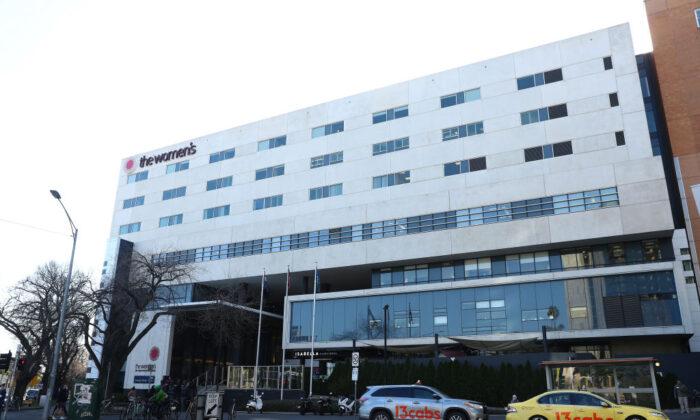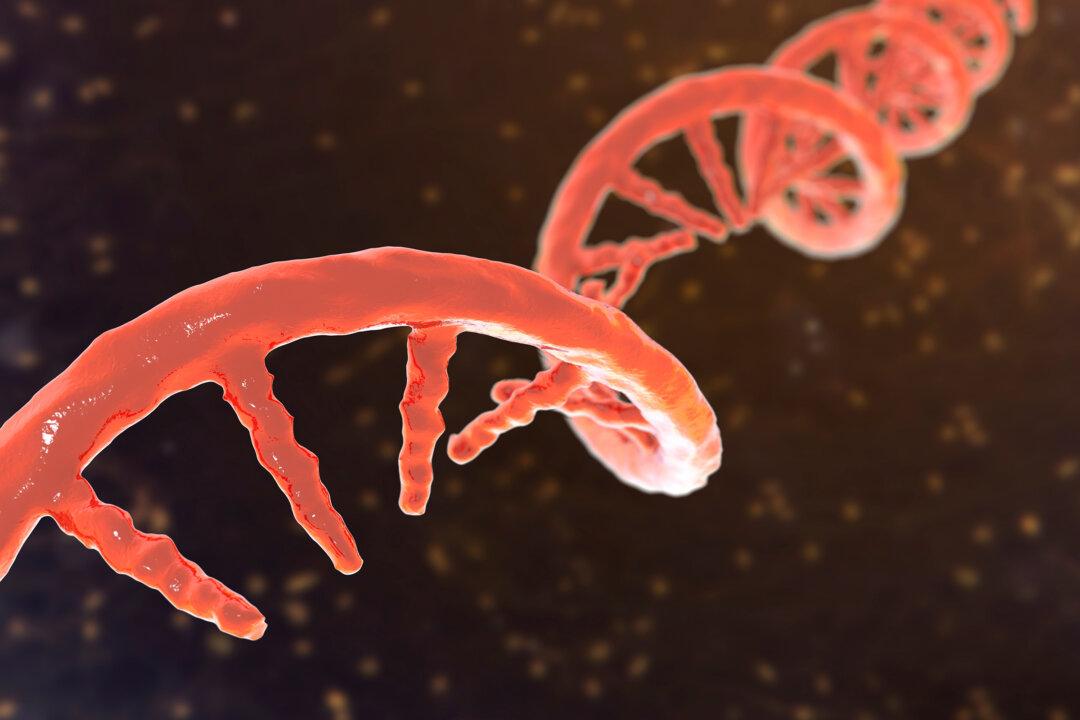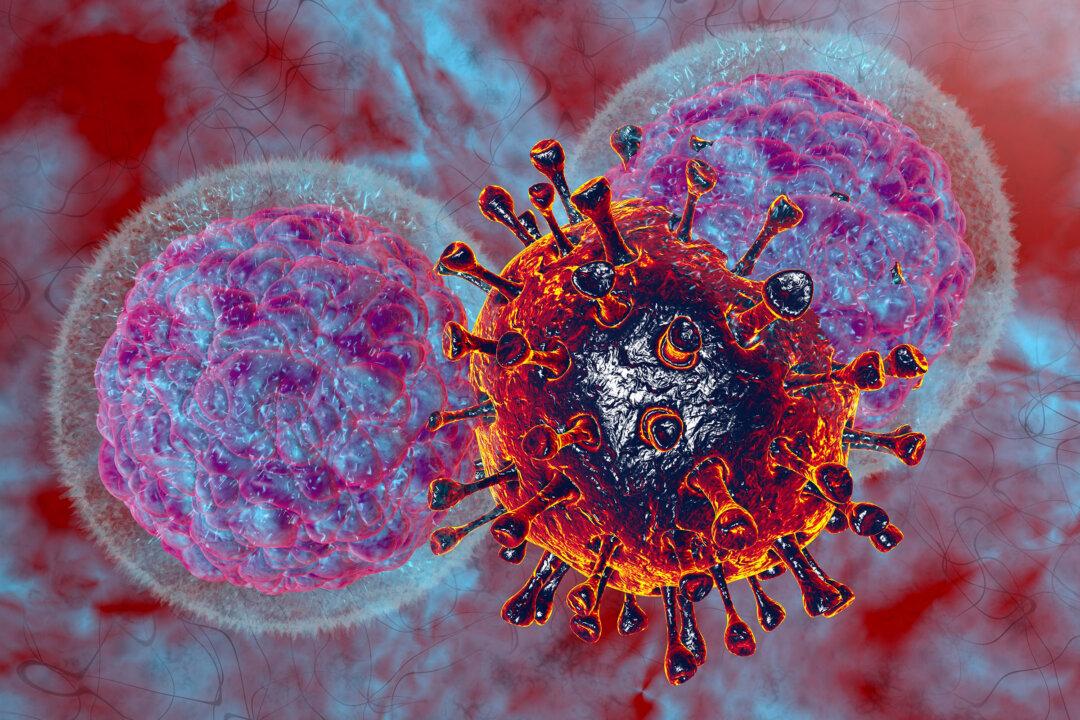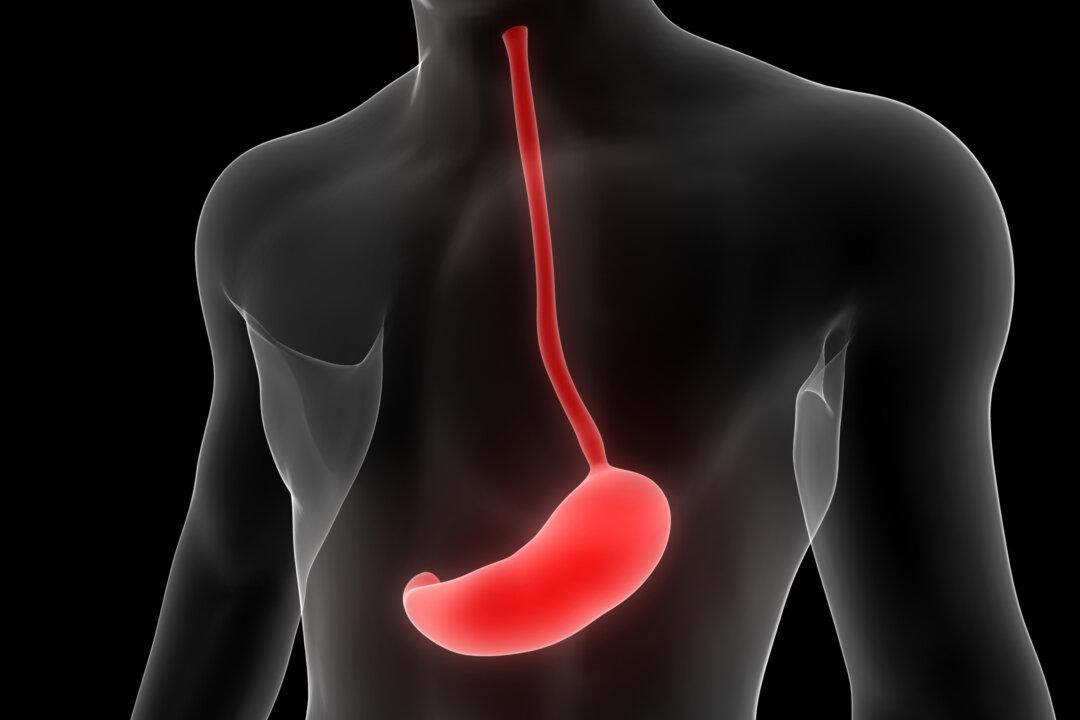Experts are concerned that the decline in cancer diagnosis in Victoria for the 2020 period is not indicative of a reduction in prevalence of disease, but rather of missed and delayed diagnosis due to the COVID-19 pandemic.
Across the world, cancer diagnosis has decreased in the wake of the COVID-19 pandemic.
The council originally anticipated a higher number of diagnoses in the latter part of 2020, but this did not occur.
This is a cause for concern because the current treatment protocols for cancer mean that once diagnosed, treatment for cancer should commence as soon as possible.
A delayed diagnosis often results in further disease progression which elevates the risks of mortality and therefore makes the disease more difficult to treat.
Associate Professor Zee Wan Wong, head of oncology at Peninsula Health is concerned there are still a number of Victorians who are currently walking around undiagnosed with cancer.
“These undiagnosed cancer patients may present very late or with more complex clinical circumstances that could potentially make their care more complicated or have poorer outcomes.”
Rebecca Bergin, a research fellow of Cancer Council Victoria said that the pandemic has been a large natural experiment in the potential significance of delayed diagnosis.
“[The COVID-19 pandemic] really does demonstrate that what we may see in the future is potentially people with a later stage disease [when they are diagnosed]. And the potential impact of that is poorer survival.” she said.
The report also found that larger cities had the greatest decline in cancer diagnosis, with a 7 percent decline in major cities and a 5 percent decline in regional areas of Victoria.
However, whilst cancer diagnosis decreased by 7 percent, death from cancer has also decreased by 3 percent.
The majority of the reduction in cancer diagnosis was among Victorians aged 50-74 years, with 31 percent of the decline in those aged over 75 years.
Cancer Council Victoria chief executive Todd Harper said it was vital that all Victorians prioritised their health. “It’s understandable that with state and international borders now opening up, Victorians will be eager to get on with life as soon as possible,” Harper said.
“If you have been invited to take part in a cancer screening program, please don’t delay, please make that your first priority. With 31 deaths from cancer every day in Victoria, we must act now to avoid a major health crisis.”
“Cancer screening saves lives. It is one of the most effective ways to detect the early signs of cancer.”






Friends Read Free